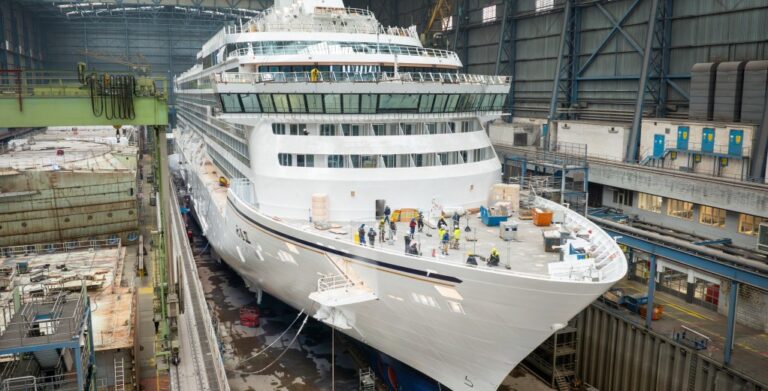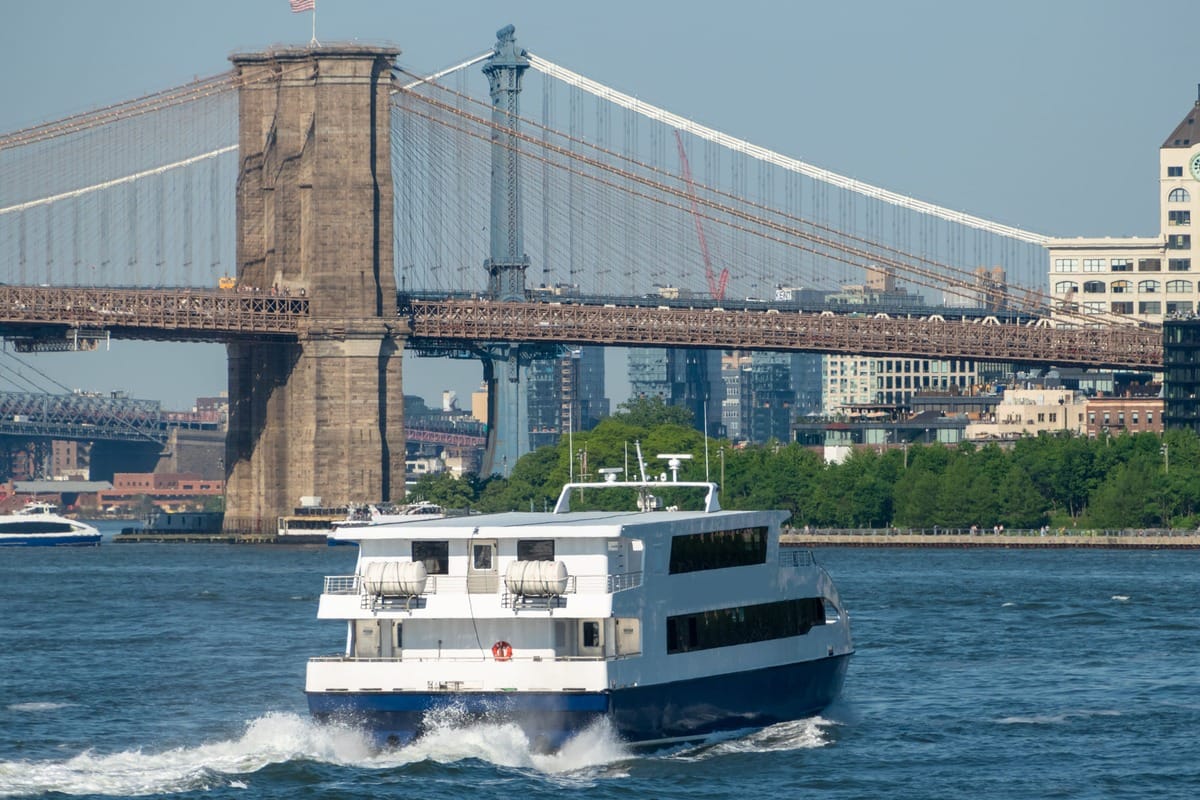The Asuka III, the ‘first’ passenger ship to be constructed under the supervision of theJapanese flag in the past 30 years and the ‘biggest’ Japanese-flagged cruise ship ever built, was recently
The Asuka III, the ‘first’ passenger ship to be constructed under the supervision of theJapanese flag in the past 30 years and the ‘biggest’ Japanese-flagged cruise ship ever built, was recently floated out of German shipbuilder Meyer Werft’s covered building dock in Papenburg, in northwestern Germany.

The vessel is owned by NYK Cruises, a subsidiary of Japan’s shipping colossal Nippon Yusen Kabushiki Kaisha (NYK Line).
As informed, despite minor delays due to unfavorable weather conditions, the newbuilding was floated out on January 18, 2025.
The 52,200 dwt Asuka III boasts a length of 230 meters, a width of 29,8 meters and a draft of 6,70 meters. The unit is anticipated for delivery in the spring of 2025.
The float-out represents the completion of the vessel’s outer structure with attention now turned to interior outfitting at the shipyard’s wet dock. During this maneuver, the cruise ship also received its funnel, Meyer Werft elaborated.
It is understood that NYK Cruises’ latest fleet addition is powered by liquefied natural gas (LNG), one of the cleanest fuels currently available for shipping. It is, thus, projected that the vessel would be able to cut down on its carbon dioxide (CO2) emissions and ‘greatly’ eliminate nitrogen oxides (NOx) and particulate matter, while “completely preventing” sulfur oxide (SOx) emissions.
Building this luxury cruise ship is just one chapter of the story. Now that the vessel is all but ready, the next challenge will be Asuka III’s Ems conveyance, a “delicate” journey that will see the newbuilding transferred from Meyer Werft’s yard in Papenburg upstream to the open seas for the first time, entailing a voyage of approximately 32 kilometers along the narrow and shallow Ems River.
Following this milestone, reportedly due to take place on March 2, the unit will head to the city of Emden, which will serve as its homeport during sea trials.
Asuka III, the construction of which began in September 2023, is set to join its sister-vessel, the scrubber-fitted Asuka II, which was, before now, the only ship in the company’s fleet.
Though still in its adolescence with much more investment needed in this segment, liquefied natural gas has gained traction in the shipping industry as a growing number of stakeholders make efforts to decarbonize their fleets. In recent times, NYK Line has, too, shown ‘significant’ interest in this alternative fuel.
Related Article
At the beginning of December 2024, the Japanese shipping player held a naming ceremony for SG Aquamarine, a 180,000 dwt LNG/dual fuel Capesize bulker built by Shanghai Waigaoqiao Shipbuilding (SWS), a subsidiary of China State Shipbuilding Corporation (CSSC).
The previous unit, the 210,000 dwt SG Ocean, described as ‘Japan’s first LNG-powered Capesize bulk carrier’ was christened and handed over in February of that same year.
In terms of wider decarbonization efforts, in December 2024, NYK and compatriot energy titan ENEOS penned an agreement for the sale and purchase of marine fuel with carbon dioxide (CO2) removal credits (CDR credits) created via direct air capture with carbon storage (DACCS). As per NYK, the credits will be generated by removing CO2 from the atmosphere and storing it underground.
Related Article
-
Japanese colossals collaborate on carbon neutral marine fuel initiative
Carbon Capture Usage & Storage
Content Original Link:
" target="_blank">

























































